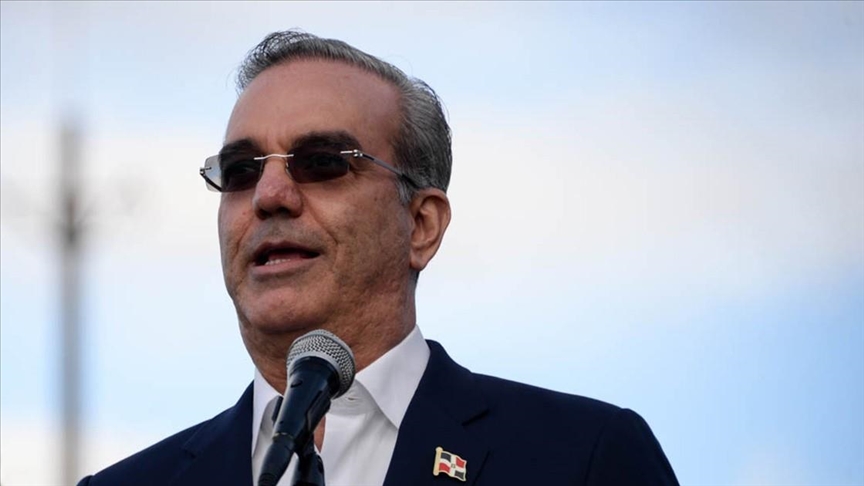BOGOTA, Colombia
The Dominican Republic’s incumbent president, Luis Abinader, was re-elected Sunday.
With 45.91% of the votes counted, Abinader, the candidate of the Modern Revolutionary Party, obtained 59.03% of the vote, which gave him a comfortable lead over his opponents.
With 26.98% of the vote, second place went to Leonel Fernandez, the representative of the Fuerza del Pueblo (The People’s Force) party. Abel Martinez, from the Dominican Liberation Party (PLD), occupied third place with 10.64% of the vote.
Abinader said Fernandez and Martinez congratulated him and recognized his victory.
“The PLD candidate, Abel Martinez, called me to congratulate me and recognize our victory in the elections. This gesture of civility strengthens our democracy and reflects everyone’s commitment to the well-being of the nation. Let’s move forward, working together for a better future for all Dominicans,” Abinader wrote on his X account.
The anti-corruption crusader was the favorite in the polls by a wide margin during the presidential race. To avoid a runoff, the top candidate had to get 50% of the vote, which he comfortably achieved.
The Dominican head of state has approval ratings around 70%, according to a CID-Gallup poll in September. His high popularity has been based on having a hardline approach towards immigration coming from neighboring Haiti. He has begun building a wall along Haiti’s border to divide the two countries, which share the Caribbean island of Hispaniola, and he carried out mass deportations of 175,000 Haitians last year while thousands tried to flee the crisis-stricken country.
The 56-year-old president came to power in August 2020 in the midst of an economic crisis caused by the coronavirus pandemic. Under his leadership, the nation’s economy has shown a remarkable recovery, driven largely by the tourism sector.
Some eight million Dominicans were called to the polls to choose between the nine candidates competing for the presidency of the country for the 2024-2028 period. Members of Congress were also elected as well as 20 Dominican representatives in the Central American Parliament.

